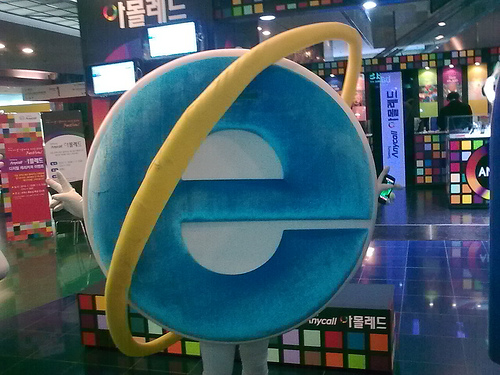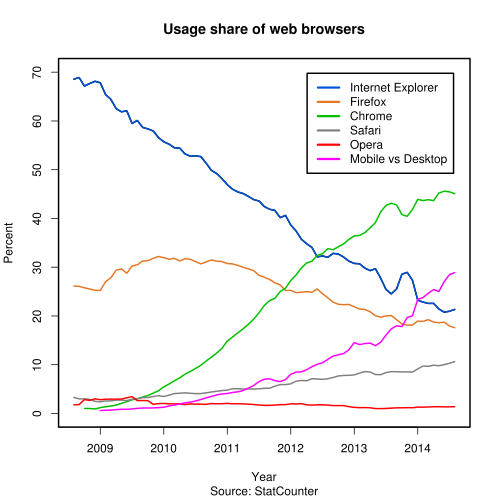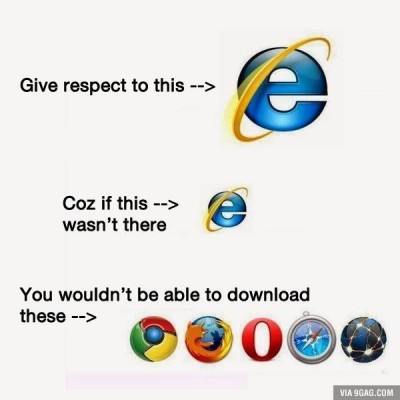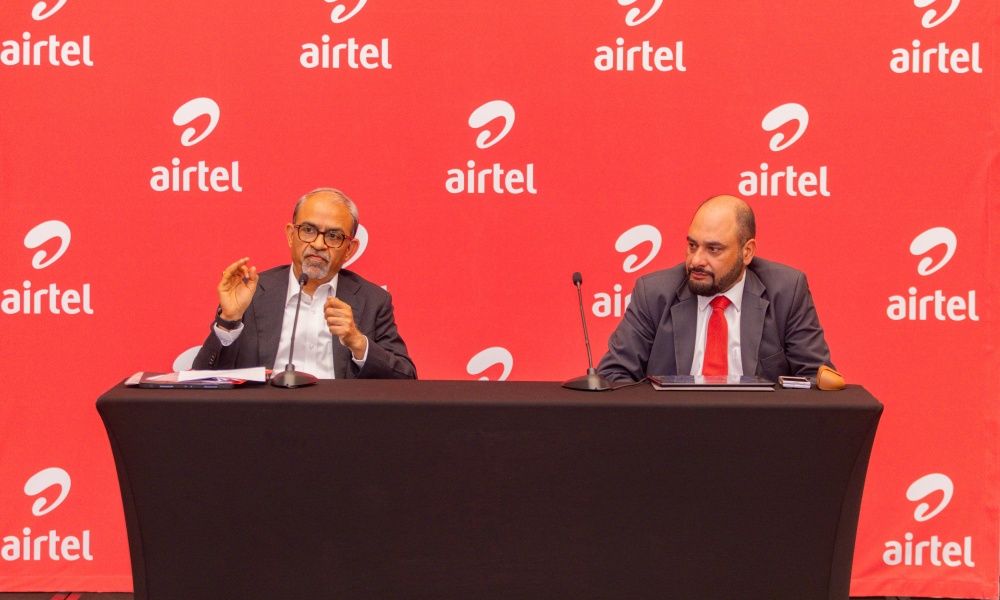
Microsoft is closing the curtains on its native browser, Internet Explorer.
The company had previously hinted on this when it unveiled the Windows 10, making it clear that the new operating system will come with a new web-browser code named, Project Spartan.
Microsoft reiterated this position at the Microsoft Convergence in Atlanta on Monday. The Verge quotes Microsoft’s Marketing Chief, Chris Capossela as saying, “We’ll continue to have Internet Explorer, but we’ll also have a new browser called Project Spartan, which is codenamed Project Spartan.”
Part of the reasons given for dropping the name Internet Explorer is to dissociate the new browser with the bugginess and other negative perceptions associated with the IE.
The company has however revealed that it will not withdraw support for the IE entirely as some versions of the Windows 10 will ship with the IE.
It would be recalled that the United States Computer Emergency Readiness Team had hinted on the vulnerability of IE’s version 6 to 11 and advised that users “may consider employing an alternate browser”.

Internet Explorer had disrupted the browser space when it was released in 1995. Soon after its release, IE 2.0 was made available for free download for users and commercial organizations, which was a different approach from what was obtainable at the time.
The peak period of the usage of the Internet Explorer was between 2002 and 2003 when it held on to a 95% market share. Since IE had no real rival at this time, users had to live with its quirks and bugs.
The advent of Mozilla’s Firefox and subsequently Google’s Chrome however turned the tides as they offered stiff competition and triumphed in several technical ends which led to the Internet explorer’s dwinding fortunes.
The relevance of the Internet Explorer for users today is best explained in the meme below.

















